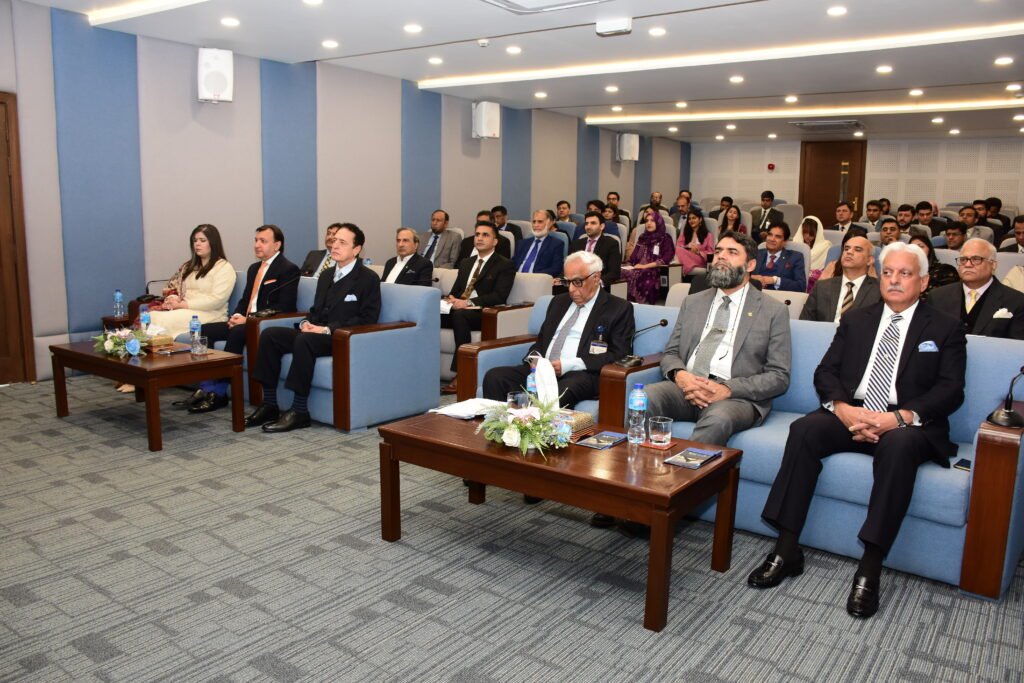
Seminar
Charting the Resilient Economic Future for Pakistan Post-IMF: Challenges and Prospects
About The Event
Despite achieving the macro-economic stability with the assistance of multilateral institutions and bilateral allies, Pakistan’s external debt stands at 34.3% of its GDP. Over the years, the IMF has engaged with Pakistan 24 times, acting as a lender of last resort and a partner in times of adversity, offering policy advice and financial support. The World Bank is currently invested in 55 projects worth USD 14.7 billion, focusing on areas such as hydropower, education, and infrastructure. Additionally, support from countries like China and Saudi Arabia has contributed significantly to strengthening Pakistan’s resilience.
Over the last two decades, Pakistan has faced multifaceted challenges, including a shrinking macroeconomic base despite an annual population growth rate of 2.55%. By 2050, the country’s population is expected to double, and without the creation of sufficient economic opportunities, the intensity and frequency of social and economic crises are likely to escalate. Pakistan’s resilience has been tested by conflicts, border hostilities, instability in neighbouring countries, and ethnic and religious tensions. These factors have disproportionately affected the poor and marginalised. Since 2001, Pakistan has endured the loss of over 67,000 lives and USD 127 billion in economic damages (Ministry of Finance, Pakistan).
Expensive energy imports further impede the country’s industrial potential, and the state faces the dual challenge of meeting the basic needs of its growing population while securing their lives and property. However, Pakistan’s resilience is underscored by the adaptability and innovation of its people, a state committed to mindful governance, and the international community’s consistent support during crises.
The informal sector plays a critical role in this resilience. With 76% of the non-agriculture labour force working informally, Pakistan’s citizens contribute to the economy despite lacking formal employment opportunities and equitable access to resources. The Pakistani diaspora, too, plays a vital role, sending remittances that equal the country’s export revenue, showcasing a modern and tolerant image of Pakistan abroad.
Agriculture and trade have also been central to the country’s resilience. The agricultural sector not only feeds the growing population but also supports industries and exports. Textile exports remain a cornerstone of Pakistan’s trade, while trade liberalisation has facilitated foreign revenue generation, technology transfer, and innovation. Strengthening regional trade could further enhance connectivity, infrastructure use, and regional peace.
The seminar developed a practical and actionable policy framework that ensured the then forthcoming Extended Fund Facility became Pakistan’s last IMF programme. The ultimate goal was to place Pakistan on a trajectory of sustainable and shared prosperity.
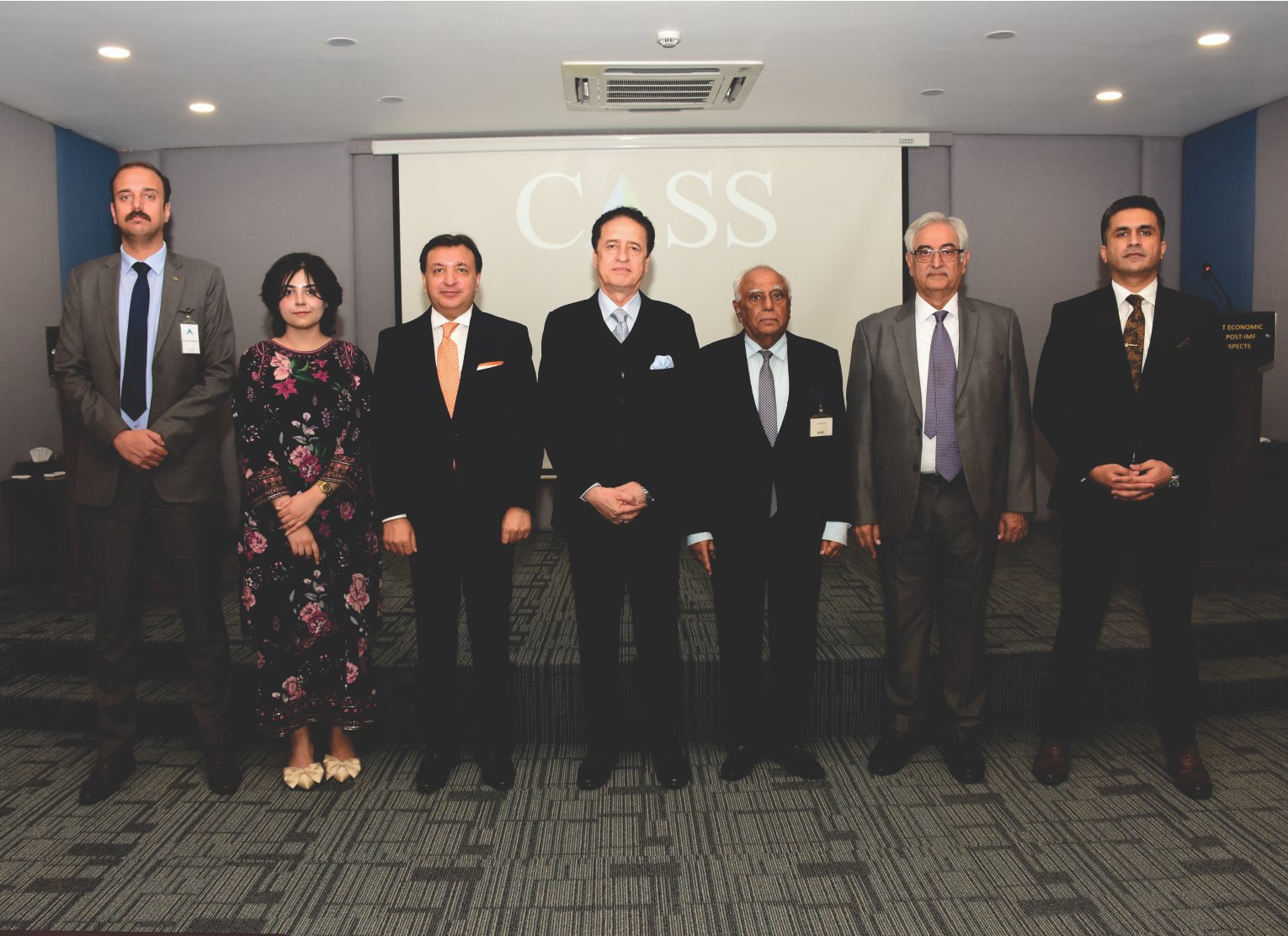
Key Takeaways
- Pakistan’s Economic Problématique
Pakistan’s economy faces a recurring cycle where rapid growth is quickly stifled by the balance of payments constraints, preventing it from achieving sustainable momentum—like a phoenix that never truly rises.
- Stability is Not Enough
Stabilisation and reforms, while necessary, are insufficient to achieve sustainable growth. Addressing structural bottlenecks, mitigating political instability, and resolving security concerns are imperative to avoid a low-growth equilibrium.
- Reversing Economic Dependence
Premature globalisation and dollarisation have increased reliance on remittances, asset dollarisation, and talent outflows, posing significant challenges to Pakistan’s economy. Addressing these issues is essential to fostering resilience and reversing the brain drain.
- Intellectual Apartheid
The Washington Consensus promoted a universal economic model, dismissing development economics as a distinct discipline and overlooking the complexities of Third World realities. This led to policies that often failed to address the unique needs of developing nations.
- Purchasing Power Crisis
Despite macroeconomic stability, the lived reality of ordinary citizens presents a different picture. While a single-digit inflation rate can help restore real wages, a 15 per cent salary increase may not fully offset the losses in purchasing power.
- Reforming HR for National Growth
The stagnation in Pakistan’s progress is primarily due to the lack of a coherent and effective human resource policy. Without addressing this critical gap, the nation risks remaining trapped in a cycle of dependency and failing to unlock its true potential.
- The Employment Gap
The real challenge for Pakistan is job creation. With 3 million people entering the job market each year and no new jobs created in 2023, the country must create 18 million jobs by 2030 to sustain economic growth.
Policy Considerations
- Cautious Privatisation for Viable Growth
Privatisation of state-owned enterprises should be cautiously approached, prioritising financial viability and long-term sustainability over blanket privatisation, especially for loss-making entities like Pakistan Railways.
- Unlocking Potential: Youth and Women
Pakistan’s youth and women are the future drivers of economic growth. Prioritise inclusivity and equip the next generation with IT and AI skills to ensure sustainable and equitable economic progress.
- Driving Private Sector Growth
Pakistan should enhance the business environment, reduce tariffs, and strengthen financial systems to support private sector growth and integration with the global economy.
- Agriculture: Key to Economic Freedom
To break free from IMF dependence within three years, Pakistan must prioritise agricultural reforms to boost yields, which will unlock growth potential across other sectors and drive sustainable economic development.
- Leadership Reform for SOE Growth
To drive meaningful change in Pakistan’s state-owned enterprises (SOEs), it is essential to prioritise the recruitment of competent C-suite executives. Addressing this human resources issue is critical for improving SOE performance and fostering sustainable growth.
- Reforming Energy Governance for Growth
Pakistan should consolidate energy ministries into a single Energy Ministry to improve decision-making and synergies, ensuring long-term economic stability over the next 5-10 years.
- Future-Proofing Pakistan with Technology
To stay competitive, Pakistan must urgently integrate AI, IT, and emerging technologies into engineering and industrial practices, addressing the lag in adopting the Fourth Industrial Revolution.
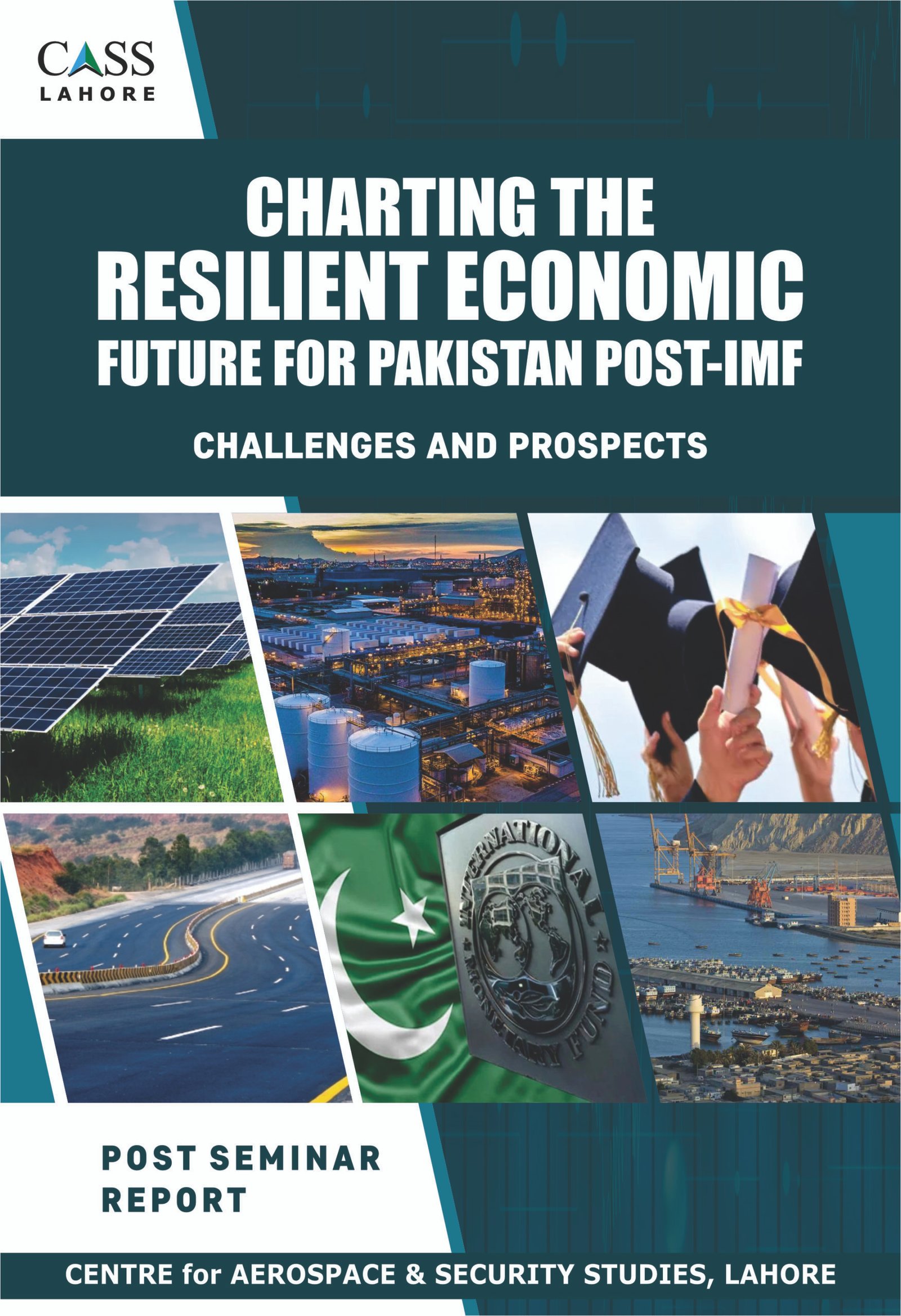
Post Event Report
A comprehensive report capturing expert analyses, strategic insights, key recommendations, media coverage, and event highlights.
Guest Speakers
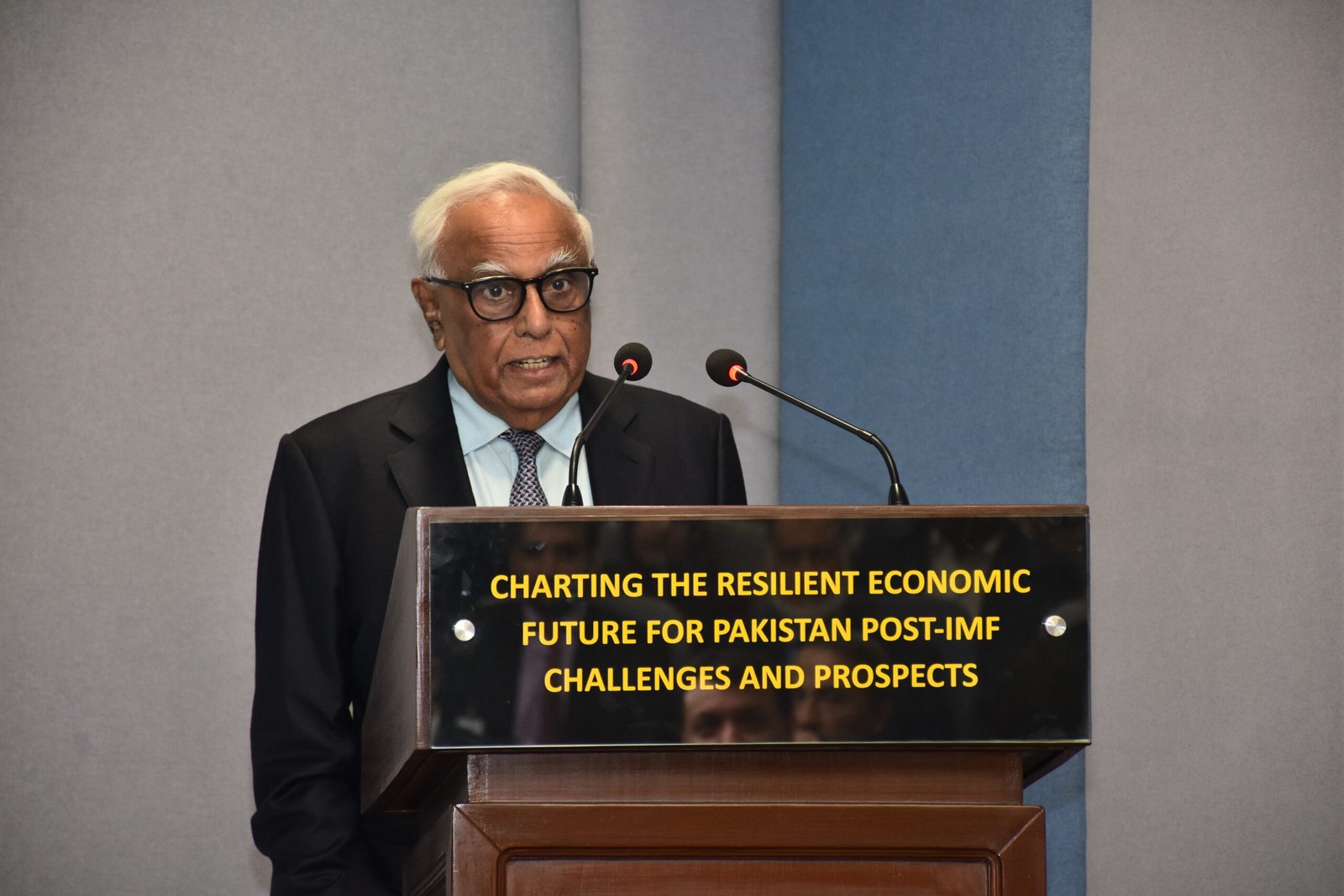
Dr Rashid Amjad
Former Vice Chancellor PIDE, Islamabad
Dr Khaqan Hassan Najib
Senior Economist
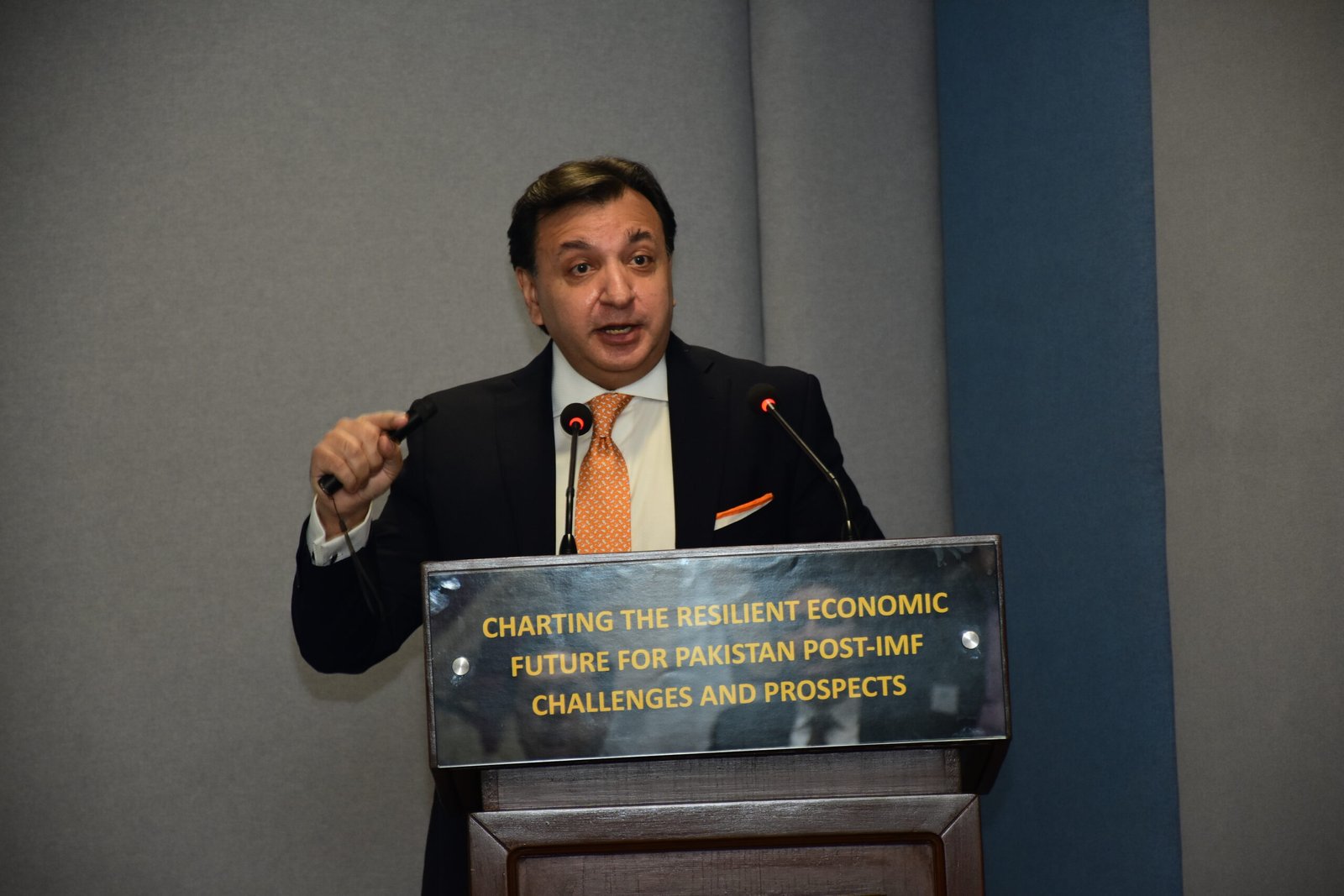

Mr Almas Hyder
Chairman of Synthetic Products Enterprises Ltd

Event Chair
Air Marshal Asim Suleiman (Retd)
President CASS, Lahore
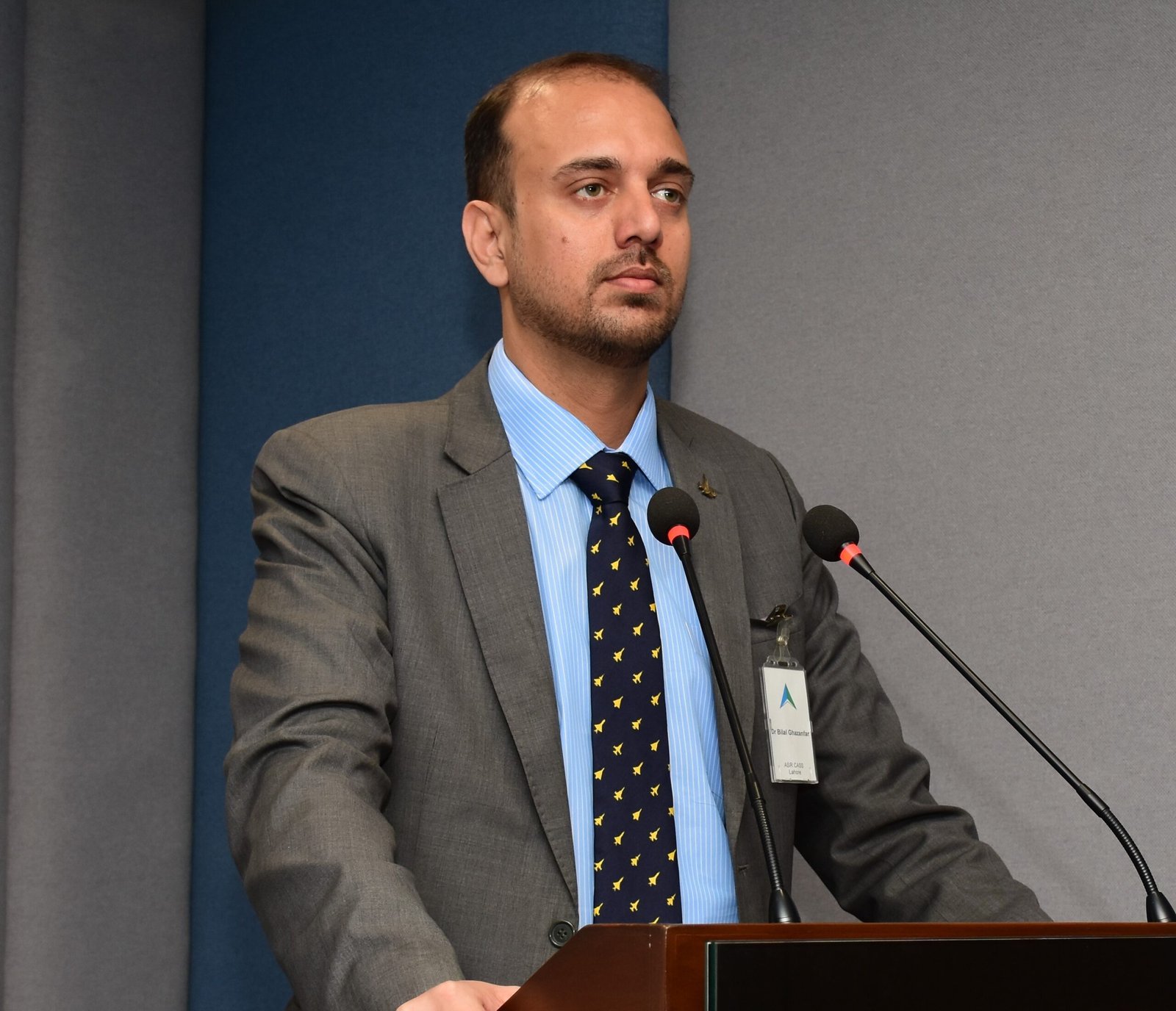
Event Coordinator
Dr Bilal Ghazanfar
Editor, CASS Lahore
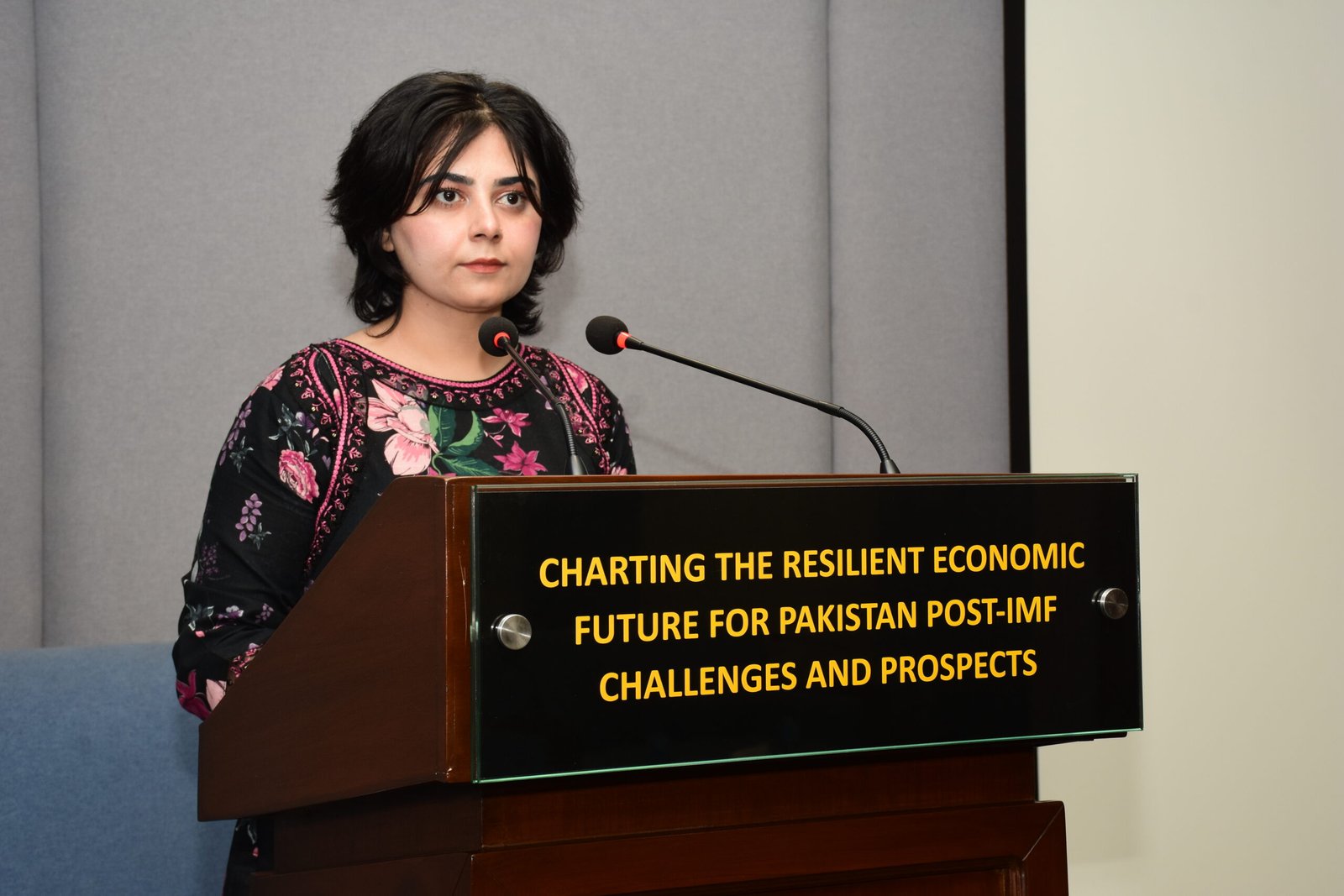
Master of The Ceremony
Nida Khattak
Researcher, CASS Lahore
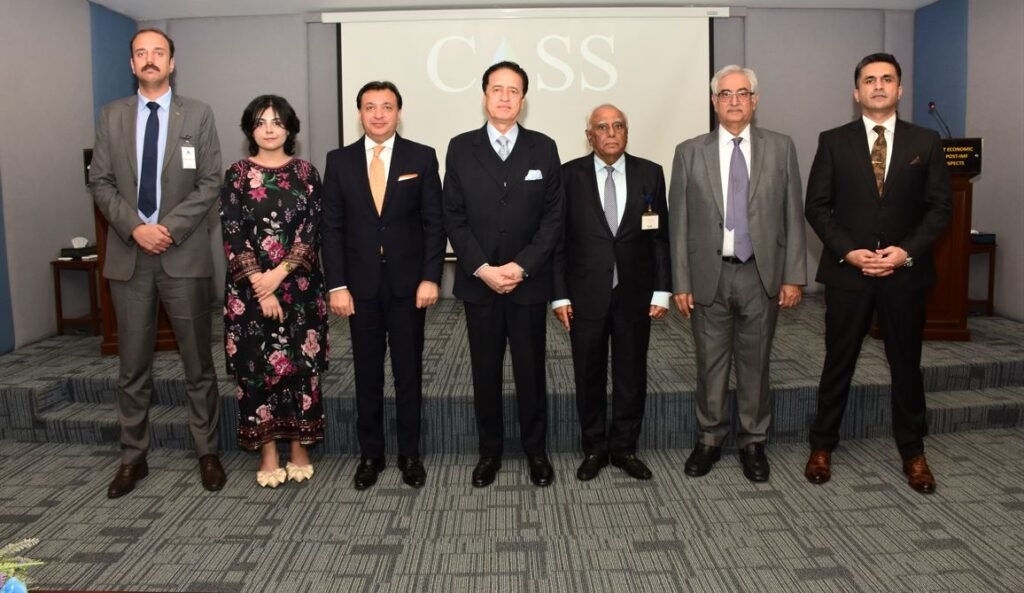
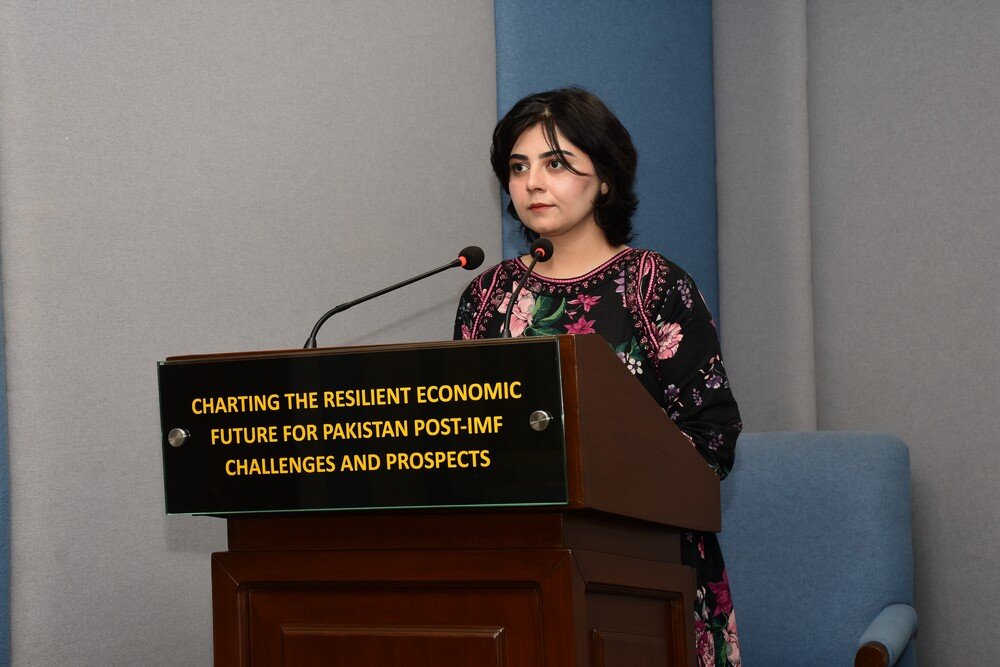
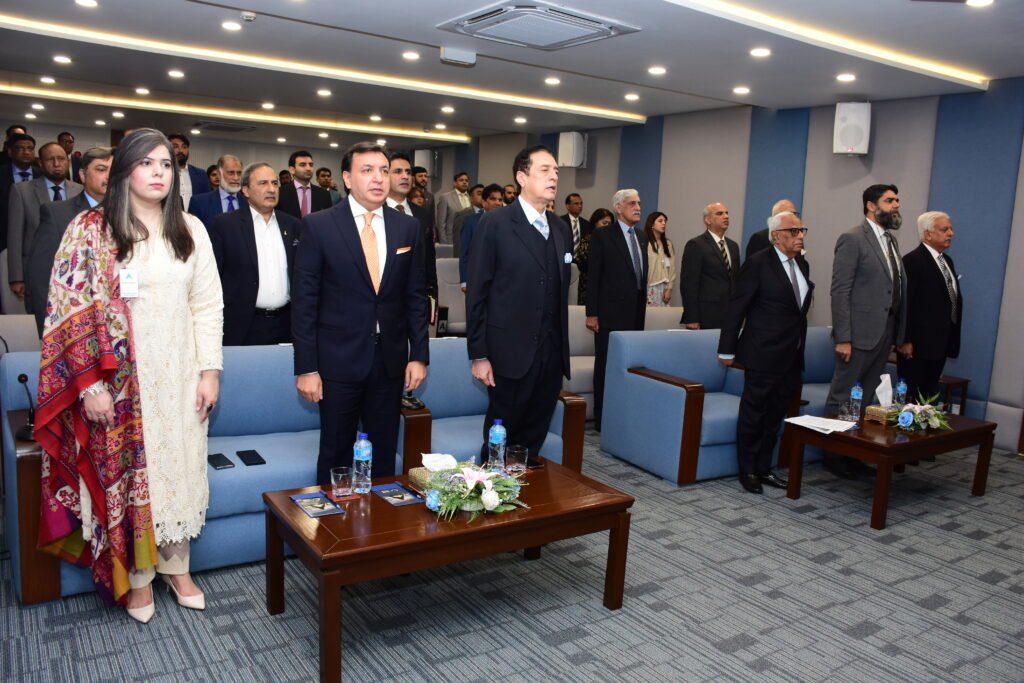



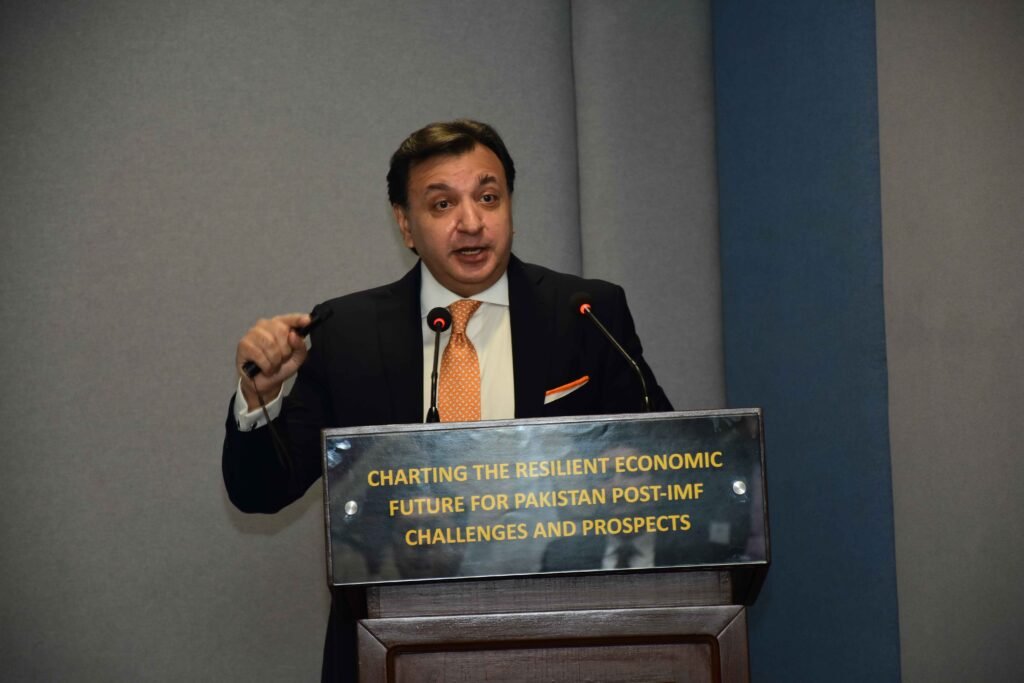

CASS LAhore

The Centre for Aerospace & Security Studies (CASS) was established in July 2021 to inform policymakers and the public about issues related to aerospace and security from an independent, non-partisan and future-centric analytical lens.
CASS Newsletter

@2025 – All Right Reserved with CASS Lahore.
- Home
- About Us
- Research Domains
- Publications
- Events
- Gallery
- Contact Us
@2021 - All Right Reserved. Designed and Developed by PenciDesign



